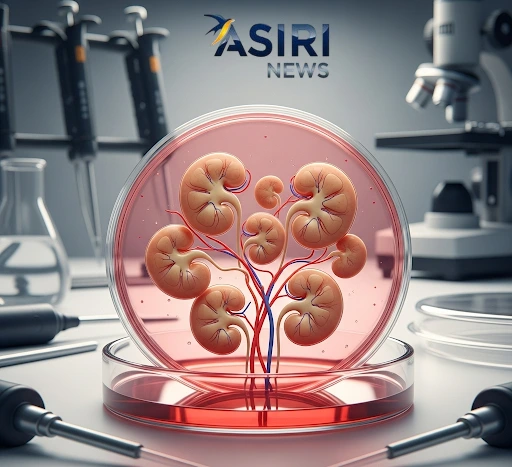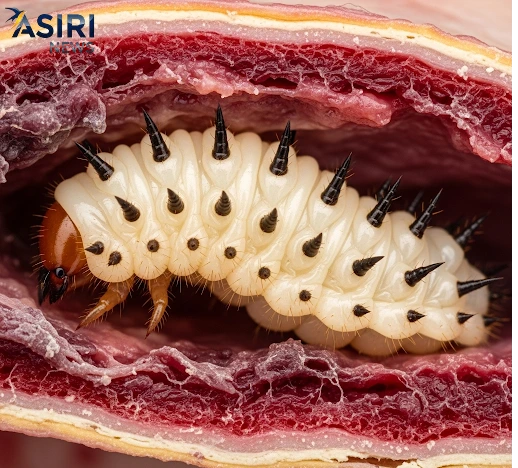In a landmark achievement for regenerative medicine, researchers at Sheba Medical Center in Israel have successfully developed lab-grown human kidney organoids that remained viable for an impressive 34 weeks, or nearly nine months. This breakthrough marks a significant leap forward in the quest to create functional, transplantable organs and offers a renewed sense of hope to millions of patients suffering from end-stage renal disease worldwide.

The research team, led by Professor Benjamin Dekel, Director of the Pediatric Nephrology Unit and the Stem Cell Research Institute at Sheba, achieved this milestone by overcoming a major technical hurdle. Previous attempts to grow kidney tissue were limited to just a few weeks of viability, largely due to the use of pluripotent stem cells that often differentiated into unwanted cell types, contaminating the kidney tissue. Dekel’s team, however, used kidney-specific tissue stem cells that they had previously isolated. This method allowed the organoids to mature over a period of 34 weeks, a process that mirrors the development of a fetal kidney in the womb.
The significance of this prolonged survival time is immense. The ability to grow a kidney organoid for such a long period provides scientists with an unprecedented “window” to study congenital kidney defects, test drug toxicity, and better understand how kidney diseases develop. This new model will also reduce the need to rely on animal testing, which often fails to accurately replicate human disease progression. Professor Dekel has expressed optimism about the future, noting that the ultimate goal is to identify regenerative substances secreted by the organoids that could be used to repair damaged kidneys in living patients.
This breakthrough comes as the global need for kidney transplants continues to grow. According to the Organ Procurement and Transplantation Network (OPTN), there are currently over 90,000 people on the waiting list for a kidney transplant in the U.S. alone. A new organ is often the only viable treatment for end-stage renal disease, but the severe shortage of deceased and living donors means that many patients die while waiting. While a full, transplantable human kidney remains a long-term goal, the sustained survival time of these lab-grown organoids brings us significantly closer to a reality where we can solve this chronic shortage.



